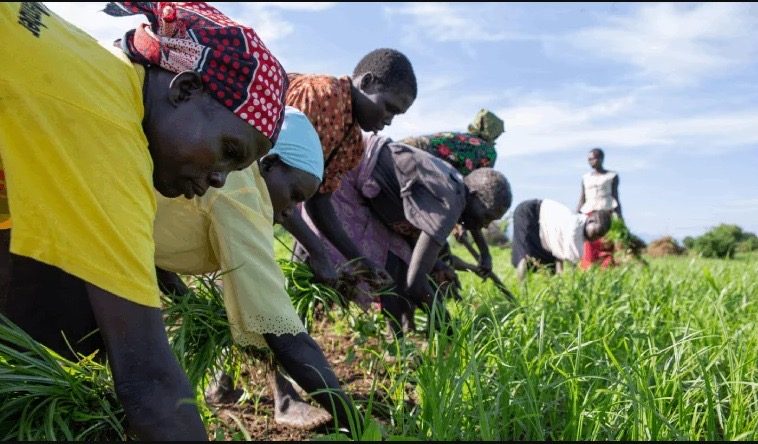African nations are increasingly recognising the vital importance of collaboration in addressing the intricate challenges surrounding regional security. This article sheds light on successful partnerships among African countries, showcasing the power of collective efforts to tackle shared security concerns.
Historical Context:
Africa has grappled with a myriad of security challenges, spanning border disputes, transnational crime, terrorism, and civil wars. Recognising the cross-border nature of these issues, African countries have begun championing collaboration through regional alliances and organisations.
ECOWAS: Pioneering Stability in West Africa
The Economic Community of West African States (ECOWAS), established in 1975, has evolved into a significant force in resolving security concerns in West Africa. Noteworthy achievements include successful interventions in the civil wars of Sierra Leone and Liberia during the 1990s, showcasing ECOWAS’s dedication to conflict resolution.
Furthermore, ECOWAS actively engages in counterterrorism initiatives, particularly in the fight against Boko Haram in the Lake Chad Basin. Member nations contribute troops for joint military operations, demonstrating a unified front against transnational threats.
The African Union’s Peace and Security Architecture in Action:
The African Union (AU) plays a pivotal role in fostering cooperation among African nations for regional security. The Peace and Security Architecture (APSA), established in 2001, encompasses preventive diplomacy, peacekeeping, early warning systems, and peacebuilding initiatives.
A shining example of APSA’s success is the AU Mission in Somalia (AMISOM), initiated in 2007. Despite challenges, AMISOM has significantly reduced the power of al-Shabaab, contributing to the stabilisation of Somalia.
Collaboration Beyond Borders:
African countries are realising the importance of working together beyond regional organisations. Initiatives like the “G5 Sahel” and the Tripartite Free Trade Area (TFTA) showcase effective collaboration in addressing security challenges and promoting economic growth.
Multinational Joint Task Force (MNJTF) Against Boko Haram:
The MNJTF, covering eight regions around the Lake Chad Basin, engages in civil and military activities to counter the Boko Haram insurgency. The cooperative efforts of Nigeria, Niger, Chad, Cameroon, and Benin include joint military actions, intelligence sharing, and coordinated efforts to prevent terrorists from crossing borders.
East African Standby Force (EASF):
Comprising ten East African nations, the EASF focuses on promoting security and stability through a multifaceted approach, including humanitarian operations, peacekeeping, and conflict prevention. Collaborations with countries like Japan, Germany, the UK, and others provide essential support.
LAPSSET Corridor Programme:
Kenya, Ethiopia, and South Sudan collaborate on the LAPSSET Corridor Programme, emphasising infrastructure development to promote trade, connectivity, and economic cooperation. Despite challenges, this project aims to enhance regional stability.
Lake Chad Basin Commission (LCBC):
Established in 1964, the LCBC manages transboundary water resources in the Lake Chad Basin to promote regional collaboration, peace, security, and development.
Challenges and Opportunities:
While obstacles exist, African countries can overcome them through increased diplomatic involvement, information exchange, and collaborative plans. Embracing technological advancements and fostering confidence among member governments further strengthens collaborative security measures.
Strengthening Collaborative Initiatives in Africa:
As security threats evolve, initiatives like ECOWAS, APSA, and regional economic communities serve as models. Strengthening the African Standby Force’s operational readiness and addressing socioeconomic issues through initiatives like the African Continental Free Trade Area (AfCFTA) are crucial for sustained peace and security.
African nations draw inspiration from successful programmes, understanding the importance of cooperation for regional security. Overcoming obstacles, fostering political will, and embracing innovation are essential for achieving a more secure and connected Africa. Reflecting on successes such as ECOWAS, AMISOM, and the G5 Sahel highlights the necessity of unity in addressing complex security issues on the continent. The knowledge gained from these partnerships will undoubtedly shape future initiatives, contributing to a safer and more interconnected Africa.


